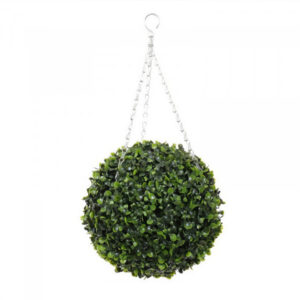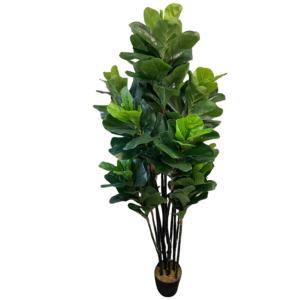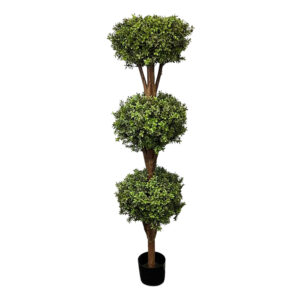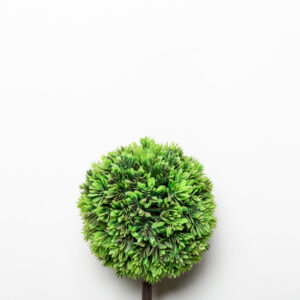
In today’s fast-paced world, where urbanization is on the rise and access to green spaces is limited, the importance of staying connected with nature has never been more evident. As people spend more time indoors, it has become increasingly important to integrate natural elements into built environments. Artificial trees, with their realistic appearance and adaptability, have emerged as a popular solution to bring the benefits of nature indoors. In this article, we will explore the psychological impact of artificial trees on mental well-being, focusing on both their aesthetic appeal and therapeutic advantages.
Bringing the Outdoors Indoors: Aesthetic Appeal
Artificial trees are crafted to mirror the beauty and grandeur of real trees, offering a lifelike alternative. From towering palms to graceful fig trees, artificial trees come in various shapes and sizes, making them suitable for any indoor space. Whether they are used as focal points in lobbies and atriums or as decorative elements in offices and homes, artificial trees add a touch of natural elegance to indoor environments, creating visually appealing settings that uplift the mood and inspire creativity.
Enhancing Mental Well-being: Therapeutic Benefits
Beyond their aesthetic appeal, artificial trees offer a range of therapeutic benefits that can positively impact mental well-being:
- Stress Reduction:
Research has shown that exposure to nature, even in simulated forms such as artificial trees, can help reduce stress levels and promote relaxation. The sight of greenery has a calming effect on the mind, helping to alleviate feelings of anxiety and tension in both work and home environments. - Improved Concentration:
Incorporating artificial trees into indoor spaces has been linked to improved concentration and focus. The presence of greenery can help create a more conducive environment for tasks that require sustained attention, such as studying, working, or reading. - Enhanced Mood:
Spending time in environments adorned with artificial trees can have a positive effect on mood and overall well-being. The sight of greenery triggers the release of endorphins, the body’s natural feel-good hormones, leading to feelings of happiness and contentment. - Biophilic Connection:
Biophilia, the innate human tendency to seek connections with nature, plays a crucial role in our mental and emotional health. Artificial trees provide a bridge to nature in indoor settings, allowing individuals to satisfy their biophilic needs and experience the restorative benefits of being in natural environments.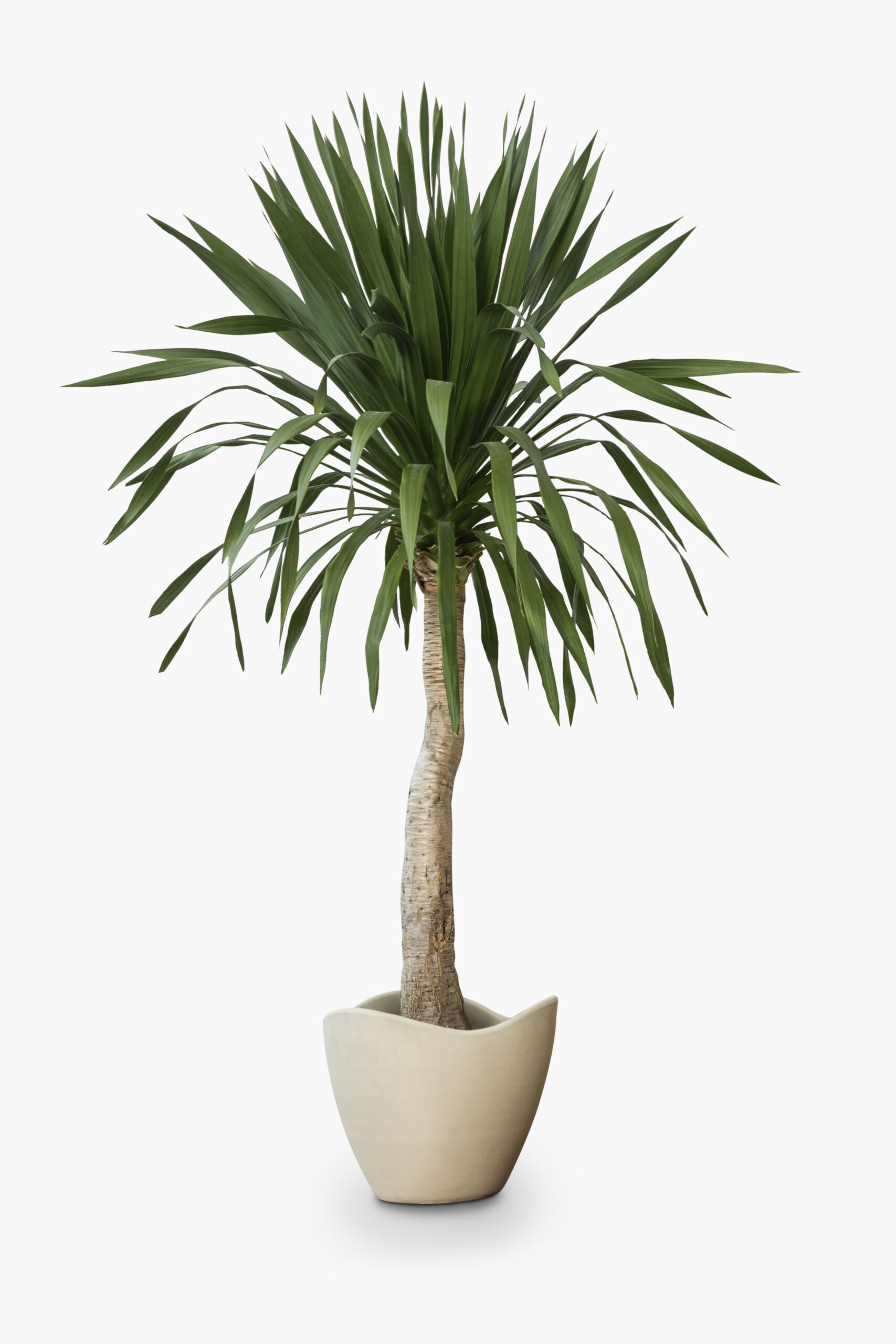
Practical Considerations: Benefits Beyond Beauty
In addition to their aesthetic and therapeutic advantages, artificial trees offer several practical benefits that contribute to their popularity:
- Low Maintenance: Unlike real trees, artificial trees require minimal maintenance and upkeep. They do not require watering, pruning, or fertilizing, making them ideal for indoor spaces where maintenance can be challenging.
- Longevity: Artificial trees are durable and long-lasting, retaining their appearance and vitality for years to come. This longevity makes them a cost-effective investment for businesses and homeowners looking to enhance their indoor spaces without the need for frequent replacements.
- Versatility: Artificial trees are available in a wide range of sizes, styles, and designs, allowing them to be tailored to suit specific aesthetic preferences and spatial requirements. Whether used as standalone features or integrated into larger design schemes, artificial trees offer flexibility and versatility in indoor decor.
- Accessibility: Artificial trees provide access to nature for individuals who may not have access to outdoor green spaces due to physical limitations or environmental constraints. They allow people to experience the benefits of nature without leaving the comfort of indoor environments.
In conclusion, artificial trees offer a host of aesthetic and therapeutic benefits that can positively impact mental well-being in indoor environments. From reducing stress and improving concentration to enhancing mood and fostering a connection to nature, artificial trees play a vital role in creating healthy and harmonious indoor spaces. Whether used in corporate offices, healthcare facilities, educational institutions, or residential settings, artificial trees have the power to transform indoor environments into tranquil sanctuaries that promote happiness, productivity, and overall well-being. With their lifelike appearance, versatility, and practical advantages, artificial trees are more than just decorative elements – they are essential contributors to the creation of healthier and more enjoyable indoor spaces.





